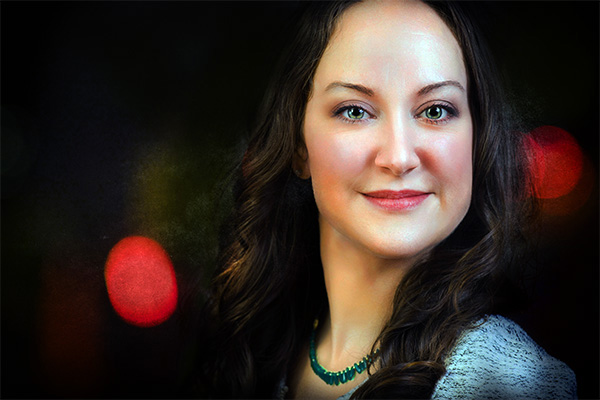
Photography 101: What Every Beginner Should Know
Photography is not just pointing and shooting.
Getting Familiar With Your Camera
Every photographer must first learn their equipment.
Whether you shoot with a DSLR, the fundamentals of light and composition remain the same.
Spend time testing autofocus and manual focus. Confidence with controls reduces frustration.
The Importance of Light
Photography literally means “drawing with light.”
Cloudy daylight is easiest for beginners.
On-camera flash replicate daylight.
Direction of light make or break an image.
The Art of Arrangement
Strong framing gives structure.
The rule of thirds improve clarity.
Try unusual angles. Unique framing give personality.
Practice and Patience
Photography takes time and practice.
Carry your camera daily. Practice makes settings natural.
Awkward angles are lessons not failures.
Improving Photos After Shooting
Editing is where style emerges.
Even free editors crop composition.
Editing should highlight the subject.
Getting Feedback
Feedback helps you grow.
Local clubs give exposure.
Creating a portfolio shows dedication.
Building Identity
Style is your visual fingerprint.
Experiment with minimalism or detail. Each shows preferences.
Your style may evolve, and that is natural.
Lessons for New Photographers
Forgetting background distractions happen to all beginners.
Over-editing images creates frustration.
Mindfulness turns errors into improvement.
Extra Tips and Tricks
- Always check your battery before leaving home.
- Shoot in RAW format if possible.
- Dust shows in photos.
- Manual helps in tricky light.
- Study what inspires you.
Common Questions
Q: Do I need an expensive camera?
A: No, skill matters more than gear.
Q: How long until I improve?
A: Consistency is more important than gear upgrades.
Q: Is editing cheating?
A: All professionals edit to some degree.
Q: Should I always follow rules?
A: Learn them first, then break them creatively. professional photos
Final Thoughts
The process matters as much as results.
Stay curious. With time and patience, you’ll capture stronger stories.
Whether casual or serious, momentum creates growth.
How Photographers Work
Photographers record memories.
Artists with cameras seek to improve their craft.
Photographers specialize in unique areas, such as landscapes. Each demands unique skills.
Experienced shooters learn both technical and artistic aspects.
What Photographers Use
Gear is not everything, but it matters.
Cameras
Compact point-and-shoots serve different purposes.
Smartphones put photography in everyone’s hands.
Lenses
A lens often matters more than the body.
- Prime lenses give sharpness and low-light ability.
Understanding lens purpose shapes the outcome of a photograph.
Tripods and Stability
Tripods provide stability for long exposures.
Lighting Equipment
Softboxes, reflectors, and strobes shape light.
Helpful Tools
- Extra batteries make sure you’re always ready.
- Protective cases help photographers stay mobile and organized.
- Intervalometers expand creative options.
The Balance Between Gear and Skill
Many beginners more info believe expensive gear is required.
Learning exposure, composition, and light is more important than chasing new models.
Developing as a Photographer
Experimenting look here with different gear teaches flexibility.
Reading books and guides connect you with mentors.
Where Photography Is Headed
New cameras bring higher quality, yet creativity will always matter.
Mirrorless dominance are shaping the future.
Still, the essence remains: capturing light, telling stories, and expressing ideas.
Wrapping Up This Section
Photographers and their gear are inseparable.
The best advice remains simple: learn, practice, and keep shooting.